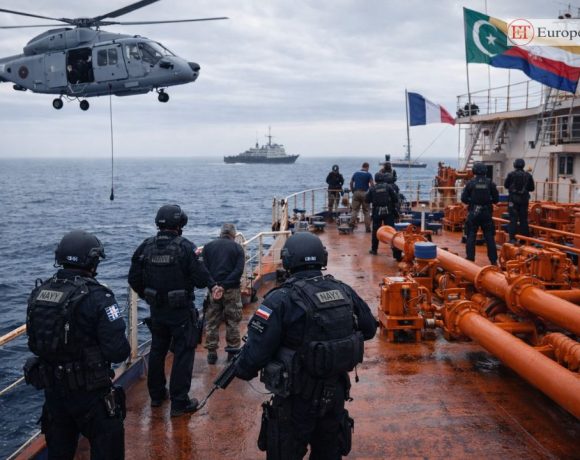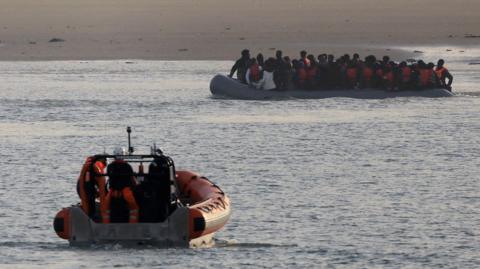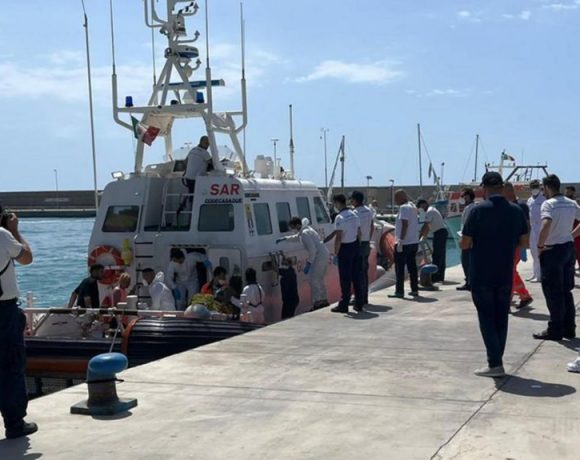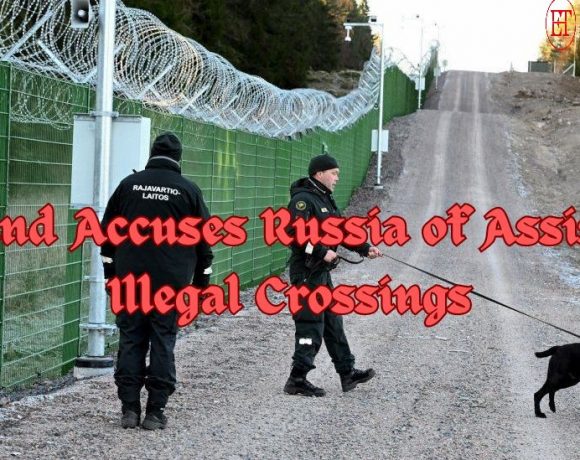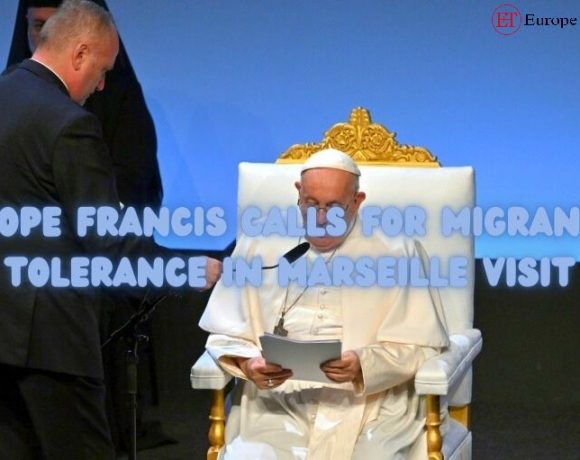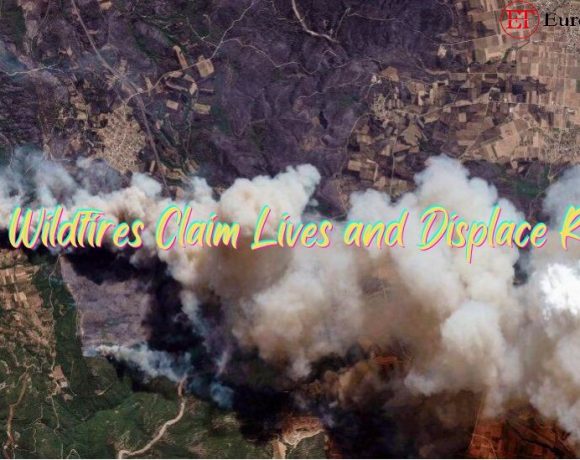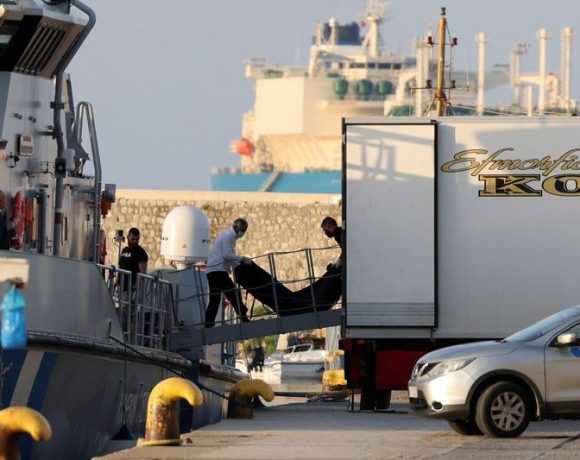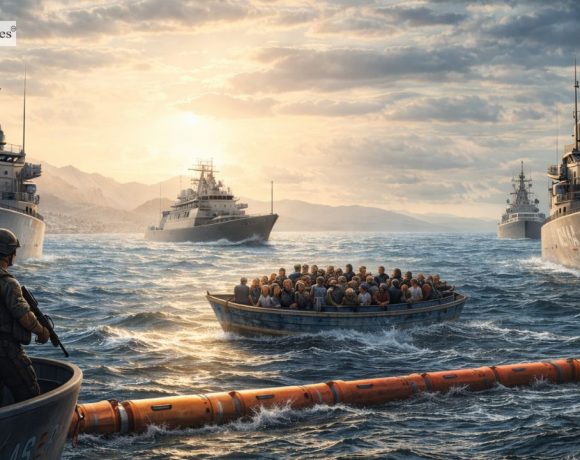
Italy’s cabinet has approved a bill allowing naval blockades to stop migrant boats during periods of “exceptional pressure” at its borders. Prime Minister Giorgia Meloni, in office since 2022, has already introduced measures to accelerate repatriation of failed asylum seekers and impose stricter penalties on human smugglers, aiming to reduce sea crossings.
Under the draft legislation, the government could ban vessels from entering Italian waters for up to six months in cases of serious threats to public order or national security. Fines of up to €50,000 and potential confiscation of boats would target repeated violations, including charity-operated rescue ships. Meloni’s coalition argues that such rescue operations encourage migrants to attempt perilous sea journeys.
The bill has faced criticism from the center-left opposition, who call the approach repressive and ineffective. The move aligns with recent EU asylum rule changes allowing member states to reject applications from migrants who could have sought protection in a “safe” EU country, reflecting broader European efforts to tighten immigration controls.
Pic courtesy: google/ images are subject to copyright

